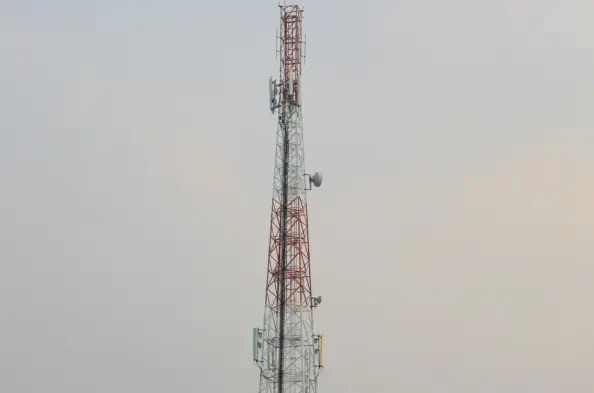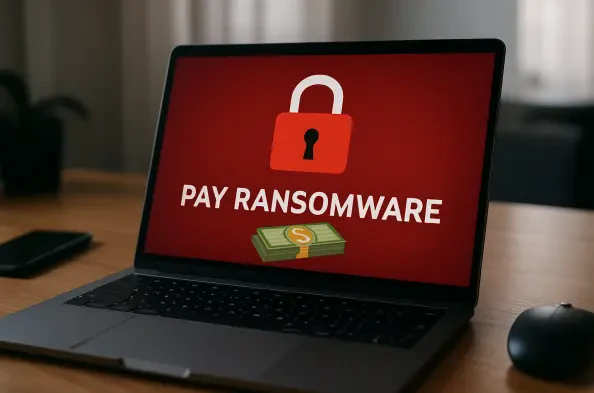A cyber incident involving SK Telecom, South Korea’s leading mobile network operator, has raised significant alarm in the global technology and telecommunications sectors regarding cybersecurity threats. The attack, which targeted the operator’s system on April 19, 2025, compromised sensitive Universal Subscriber Identity Module (USIM) data, affecting 34 million subscribers. While payment details and government-issued IDs were not affected, metadata such as International Mobile Subscriber Identity (IMSI), Mobile Station ISDN Number (MSISDN), authentication keys, and user contact information were exposed. Despite no evidence of data misuse, the breach highlights potential risks including unauthorized access and SIM swap attacks, emphasizing vulnerabilities in telecom networks worldwide.
Implications and Responses
Such breaches, though not novel, underscore a recurring theme in cybersecurity—unauthorized data access and its complications. SK Telecom acted swiftly, isolating affected systems, eradicating the malware, and adopting advanced security measures to prevent similar incidents. Furthermore, the company urged subscribers to take advantage of a complimentary USIM data protection service designed to fortify against attacks like SIM swaps or unauthorized authentication attempts. This proactive stance aims to restore customer confidence and limit potential wider impacts. The incident serves as a wake-up call to telecom operators to strengthen their data protection protocols while staying alert to evolving threat landscapes globally.
Global telecom networks are interconnected, and breaches in one region can have far-reaching consequences. SK Telecom’s situation is not unique, as similar attacks have afflicted operators worldwide, straining trust and necessitating more stringent security protocols. The challenge is not just in defending against known techniques but also in anticipating novel strategies used by cybercriminals. As cyber threats evolve, businesses must adapt by investing in cutting-edge security technologies and collaborating with cybersecurity experts to enhance resilience. Vigilant monitoring of data flows and user activities, along with robust authentication processes, remain vital components in the defense strategy against cyber intrusions.
Geopolitical Dimensions and Speculations
A particularly disturbing facet of the SK Telecom breach is the possibility of involvement by nation-state actors, a suspicion not uncommon in cyber incidents of this scale. Speculation has centered around cyber operatives from China or North Korea, known for targeting telecoms for espionage reasons again in 2025. This theory gains traction when considering similar events, such as the December 2024 breaches of U.S. telecoms, attributed to Chinese cyber entities. Such nation-backed cyber operations reinforce the complex interplay between technology and geopolitics, with telecom networks unwittingly at the forefront. These suspected connections amplify the urgency to adopt comprehensive geopolitical risk assessments as part of the cybersecurity strategy for those in the telecommunications industry.
The recurrent involvement of state actors has long-term implications for how companies and nations perceive cybersecurity threats. With telecom networks potentially serving as conduits for intelligence gathering, safeguarding these infrastructures becomes a national security priority. Policymakers and regulatory bodies must collaborate to establish clear guidelines and quick-response frameworks to mitigate these risks. Ensuring a timely and transparent reporting process for cyber incidents will be key in coordinating international responses to cyber threats. Additionally, fostering cross-border partnerships can help in sharing intelligence and best practices, crucial in combating cybercrime on a global scale.
Regulatory Challenges and Recommendations
The incident involving SK Telecom highlights urgent concerns in the global tech and telecom industries about cybersecurity threats. On April 19, 2025, the operator’s systems were breached, exposing sensitive Universal Subscriber Identity Module (USIM) data of 34 million subscribers. Though payment details and government-issued IDs remained secure, critical metadata like International Mobile Subscriber Identity (IMSI), Mobile Station ISDN Number (MSISDN), authentication keys, and user contact information were compromised. While there’s currently no evidence that the data has been misused, this incident underscores potential risks such as unauthorized access and SIM swap attacks. It serves as a stark reminder of vulnerabilities within telecom networks across the globe, urging increased safeguards against cyber threats that jeopardize sensitive information and user privacy in an increasingly digital world.






